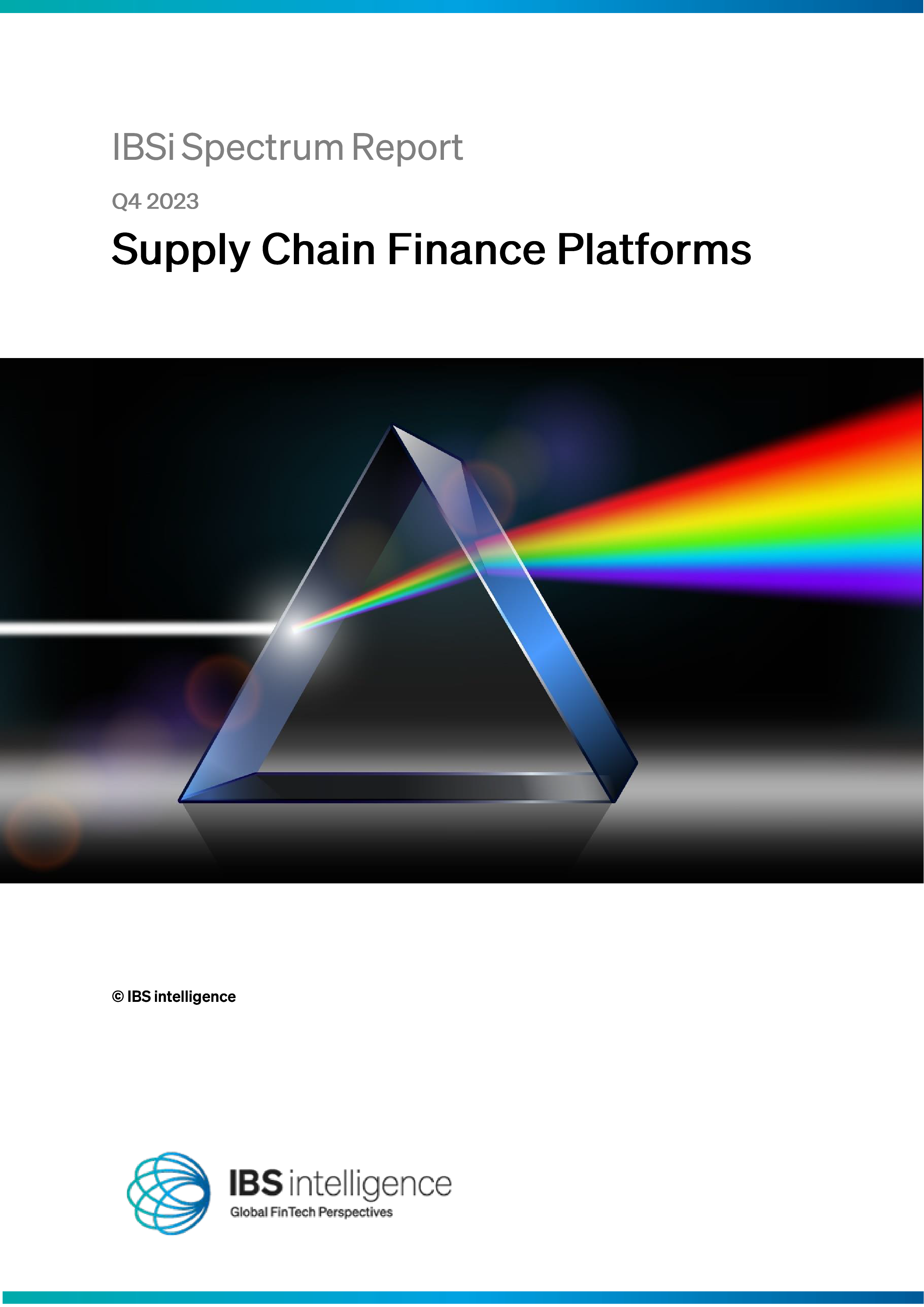Redefining the relationship between PSPs and merchants
The current relationship between merchants and Payment Service Providers (PSPs) is ripe for a reset. Merchants are grappling with consumer demand for greater payment flexibility whilst managing costs amid market turbulence and rocketing inflation.
Now acquiring has become a commodity, PSPs are struggling to justify higher margins and feel extreme pressure from players like Adyen, Stripe, and Checkout.com, who are aggressively going after the small-to-medium-sized SME merchant base. A race to the bottom on pricing is no longer working.
But this doesn’t mean there’s no hope for the future. If PSPs can expand the services for merchants to turn a pure acquiring relationship into a full banking one — innovation and growth opportunities are unlocked on both sides.
By Ivo Gueorguiev, Co-founder and Chairman of Paynetics

The next level
Being a PSP in the current climate has become increasingly difficult. Pure acquiring services have become a commodity where client loyalty is short-lived, and margins are under pressure. Add increasing regulation, ever-changing card scheme policies and the growing redundancy of hardware Point of Sale (POS) — a pure acquiring relationship can feel like more pain than profit.
PSPs looking for longevity need to rethink their relationship with merchants, as they won’t win by continually under-pricing their competition and endlessly selling POS terminals. PSPs should instead consider how to compete with the big players, either banks or large acquirers, and add value to merchants.
Reducing merchant churn
An answer is moving from a pure acquiring relationship to a complete banking relationship. PSPs can offer bank accounts and corporate cards to bring down the acquiring cost and give immediate settlement to customers. The result? Increased margins and sped up transactions for merchants, enabling PSPs to draw in new customers, improve loyalty and reduce churn.
When a corporate card is issued within the same environment as card acquiring, merchants no longer have to wait three business days to move money from an acquiring account to a bank account. If a merchant can get a corporate card from their PSP, they can pay for their supplies and earn cashback, reducing the supply cost.
Another way PSPs can add value is by offering further lending facilitation through products like merchant cash advances reserved for banks and direct-to-merchant players like Viva Wallet. PSPs can leverage the transaction data to help lenders have a more precise underwriting of merchants, resulting in laser-sharp customisation of the loan profile and improved pricing.
Embedded finance to help PSPs step up
Fortunately, PSPs don’t need to figure out this new banking relationship alone. State-of-the-art instruments are available to providers wanting a deeper merchant relationship and additional revenue streams.
With the right financial services partner, PSPs can now offer fully functional International Bank Account Numbers (IBAN) accounts, open banking connectivity, and provide corporate cards. For instance, a fully functional IBAN account offers the same facilities as a regular bank account. Yet, with lower administrative costs and reduced complexity, making multi-currency, cross-border payments a breeze. Then there are the benefits of facilitating open banking. It enables merchants to embrace automation and leads to greater financial transparency by giving consumers more choice and control.
Another area of innovation is the latest software POS solutions, which only require a phone to accept card payments, leaving behind clunky, expensive hardware. Such features provide distinct advantages to merchants.
Benefits to both parties
Offering a suite of services enables PSPs to step up and compete with commercial banks and direct to merchant players so they do not get pushed out of an increasingly crowded field. In payments, doing one thing very well no longer cuts it — providers must offer more services to the same high standard.
Yet pursuing a complete banking relationship with PSPs is also in a merchant’s best interest. They gain a more user-friendly banking relationship, lower acquiring costs, immediate settlement and access to working capital.
Change is possible thanks to digital financial innovations and is desirable due to the significant economic benefits it could bring. A complete banking relationship benefits PSPs and merchants greatly, helping both maintain an edge in an increasingly competitive market.
IBSi News

January 16, 2024
Cashback
FinBox & Capital Now team to enhance digital onboarding and risk assessment
Read More- Daily insightful Financial Technology news analysis
- Weekly snapshots of industry deals, events & insights
- Weekly global FinTech case study
- Chart of the Week curated by IBSi’s Research Team
- Monthly issues of the iconic IBSi FinTech Journal
- Exclusive invitation to a flagship IBSi on-ground event of your choice
IBSi FinTech Journal

- Most trusted FinTech journal since 1991
- Digital monthly issue
- 60+ pages of research, analysis, interviews, opinions, and rankings
- Global coverage
Other Related Blogs
December 19, 2023
Digital Disruption: How FinTechs Are Outpacing Traditional Banks in Trade Finance
Read MoreNovember 16, 2023
A cleaner, greener future; Why fintech can lead the way to greater sustainability
Read MoreRelated Reports

Sales League Table Report 2023
Know More
Global Digital Banking Vendor & Landscape Report Q4 2023
Know More
Wealth Management & Private Banking Systems Report Q4 2023
Know More
IBSi Spectrum Report: Supply Chain Finance Platforms Q4 2023
Know More
